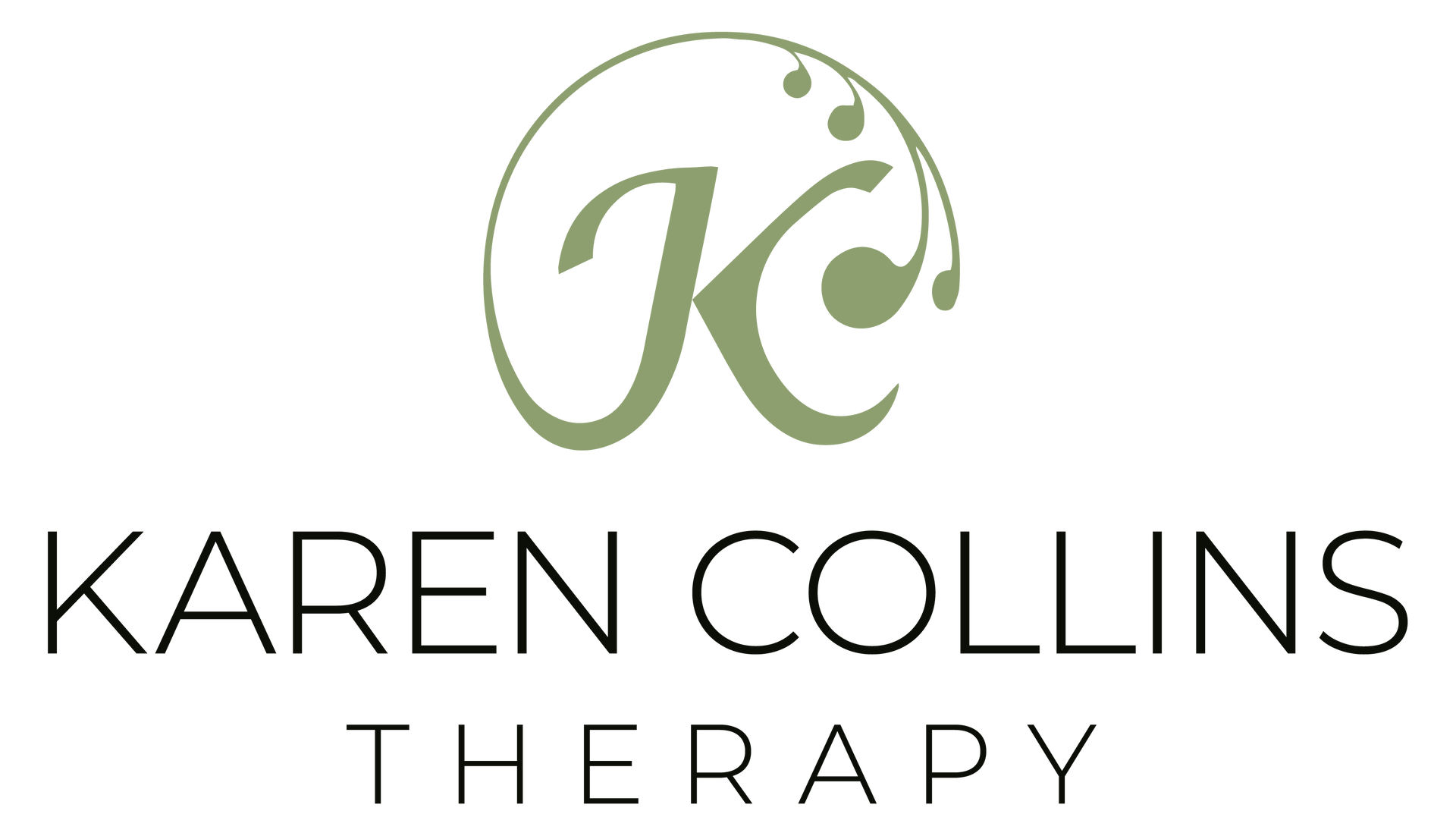Healing After Betrayal: Is Repair Possible After Infidelity?
The discovery of infidelity feels like the ground beneath your relationship has crumbled. One moment you thought you knew your partner, and the next, everything feels like a lie. If you're reading this, you're probably wondering if your relationship can survive this betrayal, or if healing is even possible.
I want you to know something important: you are far from alone in this pain, and recovery is possible.
What You'll Learn in This Article
- Understanding the deep impact of betrayal on both partners
- Why healing after an affair takes time and commitment from both people
- The essential steps the betrayer must take for genuine repair
- How to rebuild trust after infidelity has shattered your foundation
- When professional help can guide your path forward
- Why some couples emerge stronger after working through betrayal
- How to know if your relationship can truly heal
- Creating new intimacy after the pain of infidelity
- Moving from survival to thriving in your romantic relationship
- Finding hope when everything feels broken
The Reality of Betrayal: You're Not Crazy for Feeling This Way
When infidelity rocks your world, the betrayed partner often experiences symptoms similar to trauma. Your mind replays the discovery over and over. Sleep becomes impossible. You might have intrusive thoughts that come out of nowhere. You question everything you thought you knew.
These reactions are completely normal. Betrayal cuts to the core of who we are and what we believed about our relationship. The pain of infidelity isn't just about the physical act, it's about the shattering of trust, safety, and your shared story together.
If you're the partner who was unfaithful, you might be dealing with shame, guilt, and the overwhelming realization of the hurt you've caused. You may feel defensive when confronted, or struggle to understand why your partner can't "just get over it."
Both of you are in pain right now, even if that pain looks different.
Can Relationships Really Survive Infidelity?
The honest answer? Some can, and some cannot. But many couples who work to rebuild trust after betrayal find their relationship becomes stronger than it was before.
This doesn't mean the healing process is easy or quick. Healing after an affair often takes 18 months to several years of genuine work from both partners. It requires facing hard truths, learning new ways to connect, and rebuilding your foundation piece by piece.
The couples who successfully navigate affair recovery share certain qualities:
- Both partners are willing to do the hard work
- The betrayer takes full responsibility without making excuses
- They commit to complete honesty moving forward
- They're patient with the healing process
- They often seek professional guidance
What the Betrayer Must Do for Real Healing
If you're the partner who had the affair, your actions in the coming months will largely determine if your relationship can heal. The betrayer must be willing to:
End all contact with the affair partner immediately and completely. No exceptions, no "closure" conversations, no social media checking. Your partner needs to know this chapter is completely closed.
Take full responsibility without defensiveness. This means no blaming your partner, your marriage, or your circumstances. The choice to betray was yours alone.
Be completely transparent moving forward. Share passwords, account for your time, and answer questions honestly - even when they're painful or repetitive.
Show genuine remorse, not just regret. Remorse means understanding the deep pain you've caused and being committed to never causing it again.
Be patient with your partner's healing. They didn't choose this timeline, and they can't simply "get over it" because you want them to.
Rebuilding Trust: It's Possible But Takes Time
Trust isn't rebuilt through words alone, it's rebuilt through consistent actions over time. The foundation of trust in your relationship has been damaged, but it's not necessarily broken beyond repair.
Think of trust like a bone that's been fractured. With proper care, it can heal, but it takes time, and rushing the process only causes more damage. Some days will feel like progress, others like you're back at square one. This is normal in the recovery process.
The injured partner needs to feel safe again. This safety comes through:
- Consistent honesty from their partner
- Seeing genuine efforts to understand their pain
- Having their questions answered patiently
- Feeling heard and validated in their hurt
- Seeing real changes in behavior and commitment
When Professional Help Makes the Difference
Many couples try to work through infidelity alone, but the emotions are often too overwhelming to navigate without guidance. A therapist who specializes in affair recovery can help you:
- Process the intense emotions safely
- Learn how to communicate about the betrayal without attacking
- Understand the underlying issues that contributed to the affair
- Develop new patterns of connection and intimacy
- Work through forgiveness at a healthy pace
I work with couples in Petaluma and throughout Marin and Sonoma County who are facing this crisis. In my experience, couples who seek help early in the process often have better outcomes than those who wait until the relationship is on the brink of ending.
The Journey from Betrayal to Deeper Connection
Here's something that might surprise you: some couples who work through infidelity end up with stronger marriages than they had before. This doesn't minimize the pain or make the betrayal worthwhile, but it shows that growth is possible even after deep wounds.
The process of healing after betrayal often involves:
Self-discovery for both partners. The crisis forces you to examine yourselves and your relationship in ways you never have before. You might discover needs that weren't being met, communication patterns that weren't working, or aspects of intimacy that had been neglected.
Learning to communicate on a deeper level. Working through betrayal requires talking about things many couples never discuss, needs, fears, disappointments, and dreams. This level of vulnerability, while painful at first, can create unprecedented closeness.
Rebuilding intimacy intentionally. Physical intimacy after betrayal needs to be approached carefully and rebuilt gradually. But emotional intimacy, the deep knowing and being known by your partner, often becomes richer through this work.
What About When Healing Isn't Possible?
Sometimes, despite everyone's best efforts, a relationship can't survive infidelity. This might happen when:
- The betrayer isn't willing to take full responsibility
- There are multiple betrayals or ongoing deception
- The foundation was already severely damaged
- One or both partners decide they can't move forward together
If this is your reality, it doesn't mean you've failed. Sometimes the healthiest choice is to end the relationship while treating each other with dignity. Even in separation, the work you do to understand what happened can help you in future relationships.
Finding Your Path Forward
Whether you're days or months past the discovery of betrayal, you're probably wondering what your path forward looks like. Here are some gentle next steps:
For the betrayed partner:
- Allow yourself to feel all your emotions without judgment
- Seek support from trusted friends, family, or a therapist
- Don't make permanent decisions while you're in crisis
- Focus on your own healing alongside the relationship work
For the partner who betrayed:
- Stop all contact with the affair partner immediately
- Be prepared to answer questions honestly, even repeatedly
- Show your commitment through actions, not just words
- Consider your own therapy to understand why this happened
For both of you:
- Consider couples therapy with someone experienced in affair recovery
- Be patient with the healing process, it takes time
- Focus on small steps forward rather than expecting dramatic change
- Remember that choosing to work on your relationship is brave
Moving Beyond Survival to Thriving
Healing after infidelity isn't just about getting back to where you were before, it's about building something new and stronger. Many couples find that working through this crisis helps them:
- Communicate more honestly than ever before
- Understand each other's needs more deeply
- Create better boundaries and expectations
- Develop tools for handling future challenges
- Build trust and connection that feels more intentional
The relationship you build after betrayal won't be the same as what you had before. In many ways, it can be better, more honest, more connected, and more resilient.
You Don't Have to Face This Alone
If you're in the wake of infidelity, please know that healing is possible. It takes courage to confront this crisis, commitment to do the hard work, and often professional guidance to navigate the complex emotions involved.
I've walked alongside many couples in Petaluma, Marin County, and Sonoma County as they've worked to rebuild after betrayal. While every story is different, I've seen firsthand that couples who are willing to do the work can find their way back to each other - and often to a relationship that's stronger than what they had before.
The pain you're feeling right now is real and valid. But it doesn't have to be the end of your story. Whether you choose to rebuild together or find healing apart, you can move forward from this.
Ready to Begin Healing?
Recovery from infidelity is one of the most challenging things a couple can face, but you don't have to navigate it alone. If you're ready to explore whether your relationship can heal, or if you need support processing this betrayal, I'm here to help.
In our work together, I'll help you process these overwhelming emotions, learn to communicate about difficult topics, and discover whether rebuilding is possible for your relationship. Every couple's situation is unique, and we'll work at a pace that feels right for you.
Contact Karen Collins Therapy today to schedule your first appointment. You deserve support during this difficult time, and healing is possible.
About Karen Collins, LMFT Karen Collins is a licensed marriage and family therapist serving couples and individuals in Petaluma, Marin County, and Sonoma County. With over 18 years of experience, she specializes in helping couples heal from betrayal and rebuild stronger relationships. Her compassionate, direct approach helps clients find hope and healing even in their darkest moments.












